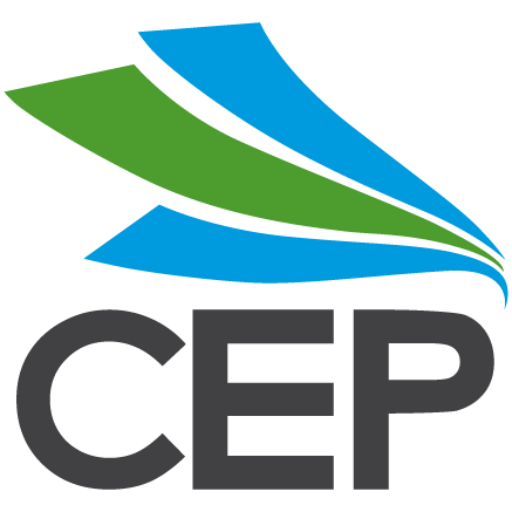Decarbonising reaps rewards, global power alliance launched and green skills in demand
In this issue:
Global Clean Power Alliance launched
In an attempt gain international standing, the new UK Foreign Secretary announced the creation of a Global Clean Power Alliance this week. The intent of the Alliance is to scale up global investment, diversify the production and supply of critical minerals, inject impetus into expanding grids and storage and increase deployment of innovative clean energy. There’s no indication yet that any other country has signed up to the global alliance, although it is rumoured Australia has received an invitation.
Global South hit by US$675bn double whammy
Countries in the Global South are being drained of US$675bn (NZ$1,082bn) a year in public subsidies supporting the fossil fuel and industrial agriculture sectors, the very companies behind the climate change risks they face. That’s according to a report from ActionAid published this week. Fossil fuels enjoy an average US$437bn (NZ$700bn) a year in subsidies and industrial agriculture US$238bn (NZ$381bn). These subsidies to climate-destructive sectors outweigh support to renewable energy projects by a factor of 40. Meanwhile, climate finance grants from the Global North for climate-hit countries amount to around 1/20th of the Global South public finance going to these sectors. Where a country is categorised is more accurately described by economic development than latitude. Australia and New Zealand are both deemed in the Global North, the Global South comprises Africa, Latin America and the Caribbean, Asia (excluding Israel, Japan and South Korea) and Oceania (excluding NZ and Au).
Decarbonisation stalling but reaps rewards
A recent survey of nearly 2,000 companies, who account for 45% of global emissions, covering 16 industries and 26 countries reveals decarbonisation initiatives have slowed or stalled over the last 12 months. The survey, by CO2 AI and BCG, tells us only 9% of the companies are reporting Scopes 1, 2 and 3 comprehensively and only 11% have reduced emissions in line with ambitions. However, 25% reported decarbonisation benefits worth at least 7% of sales, equivalent to an average US$200m (NZ$321m) each. Companies using AI are reported as 4.5 times more likely to experience significant decarbonisation benefits, including efficiency gains, and companies calculating emissions at the product level are four times more likely to see significant benefits.
Green skills in high demand
LinkedIn is reporting climate targets around the world are at risk because of an increasing green skills gap. If current trends continue, it predicts by 2050 only half the positions available will be filled by qualified candidates. Globally, demand for green talent increased by 11.6% last year but the supply of candidates with green skills only increased by 5.6%. 7.7% of job postings include requirements for green skills, a percentage that is continuing to increase.
EVs still charging ahead – in some markets
In July, 14.9% of all new vehicles sold around the world were EVs, according to New Automotive’s Global Electric Vehicle Tracker. As at the end of July, 10.6 million EVs had been sold since the year began, 16.3% up on the previous year. The GEVT indicates sales are holding up or expanding in China and the US. Meanwhile, in Europe EV sales are plummeting. Year on year figures for August show a 44% decrease in volumes and a decrease in market share from 21% to 14.4%. Much of this is down to tariffs recently imposed on imports from China. Norway, of course, leads the way with 92% of new vehicles being EVs as it approaches a ban on new ICE vehicles coming into force in less than 4 months.
Self-charging mobiles using transparent solar cells
Scientists from the Ulsan National Institute of Science and Technology (S. Korea) have developed a clear solar cell that has the potential to harvest energy when used in building or car windows or a mobile phone screen. The cells boast an efficiency of nearly 16% and are capable of recharging a mobile phone without external boosting when used as the screen.



